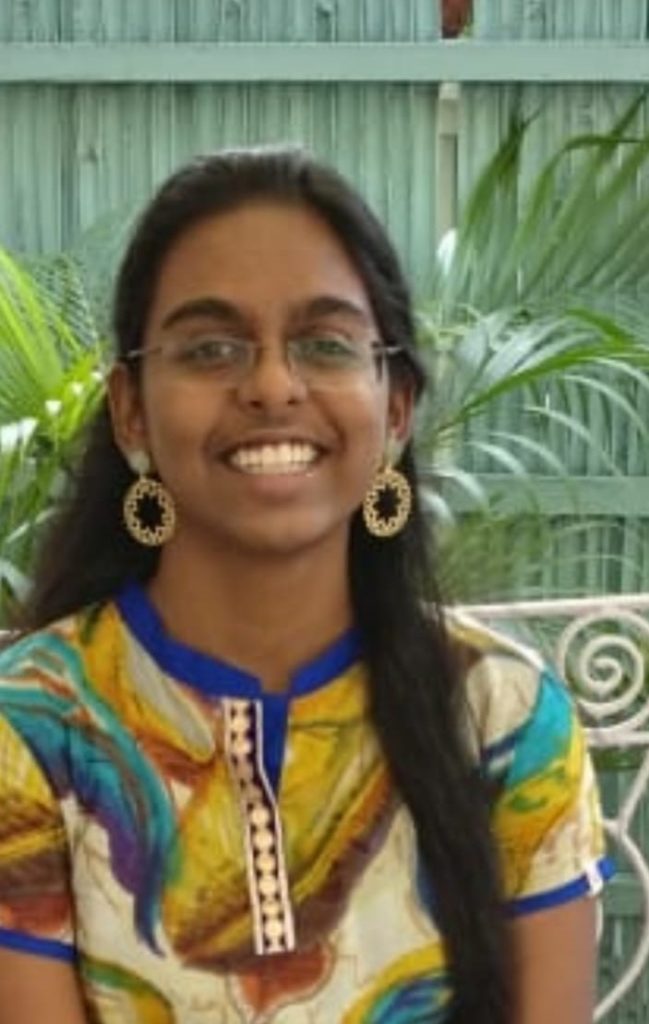Johanna Rabindran
If you look under April in my planner, you’ll see this item: ‘25 Apr WISCOMP room of one’s own???’ This would have been a neat little text unpacking the idea of ‘educating’ women.1 As you can see, I ended up writing something completely different about the same book.
Among other things, the Covid-19 pandemic has turned the education system on its head. We’ve gone from packed timetables to maybe four online lectures a week. Attendance (thank goodness!) is no longer compulsory. Exams are now just a speck on the horizon. Still, some things haven’t changed: the frightening volume of assigned readings, and of course, what feels like dozens of home assignments. As so many others have pointed out, these arrangements work on the assumption that all students possess ideal (or even decent) working conditions at home. As the story goes: when told that the people had no headphones to shut out interruptions, Marie-Antoinette2 daintily replied: “Then let them study in their own bedrooms.”
In A Room of One’s Own, Virginia Woolf wrote that, to be a poet, it is “necessary to have five-hundred a year and a room with a lock on the door.” Her astute observation is still relevant ninety years later. ‘Poet’ now means writers, students and artists. The ‘five-hundred’ is financial stability. We’re all worried about an uncertain job-market. Maybe a parent has been laid off. The ‘room’ is literally a private space, in which to read, to write, to contemplate. Preferably somewhere well-lit with a decent table. A plug-point within reach wouldn’t hurt. The ‘lock’ is the most important part—freedom from interruptions. No use having a room if it’s invaded by younger siblings and chores and someone else’s music. Naturally, this is the hardest part to maintain during a lockdown, when the whole family’s at home. Especially if you’re a woman, you’re obliged to cook and clean. Maybe a relative is sick. I wonder how many students (and professors) are yearning for that lock right now.
The expectation to keep submitting assignments like normal presupposes that everyone has access to smart phones and laptops, to stable internet and electricity. Then there’s the pressure to keep up with readings (and the fear that you’re wasting your time—after all, you’re home all day, you should be studying). Although professors have been sympathetic, I’ve heard on the grapevine that a few of them have refused to accommodate genuine problems. The pending semester exams pose the trickiest difficulty. Whenever they happen, it’s obvious that the results will be skewed in favour of those who had the time and space (in other words, the privilege) to self-study during the lockdown.
In 1916, Sir Arthur Quiller-Couch wrote, “The poor poet has not in these days, nor has had for two hundred years, a dog’s chance…a poor child in England has little more hope than had the son of an Athenian slave to be emancipated into that intellectual freedom of which great writings are born.”3 Material things and privilege are, and have always been, preconditions for creative and intellectual freedoms. The only good this pandemic has done is holding up a mirror, so we are now forced to face the ugly reflection of our society.
For most of us, the past few weeks have just been a wait for the return of normalcy (that distant future when we can commute by metro and hug friends). But I hope we’ll remember this truth long after the lockdown has ended. Until every student has financial stability, a safe place to call home and freedom from interruptions, can we really call this education system a level playing ground?
————————————————————————————————–
1Maybe I will get around to it. No promises though.
2Yes, I know she didn’t actually say ‘let them eat cake’ either.
3Quoted in Virginia Woolf’s A Room of One’s Own.

A student of Political Science, Johanna Rabindran has written previously for Katha, an NGO, as well as the history journal and political science newsletter of Lady Shri Ram College. She has also served as editor for Sabab, the department journal. Her research interests include language and politics, political theory, feminism in practice and media. On quiet days she drafts her first novel, makes digital art and raves about her favourite books (The Name of the Rose, A Man Called Ove, and A Passage to India!).
